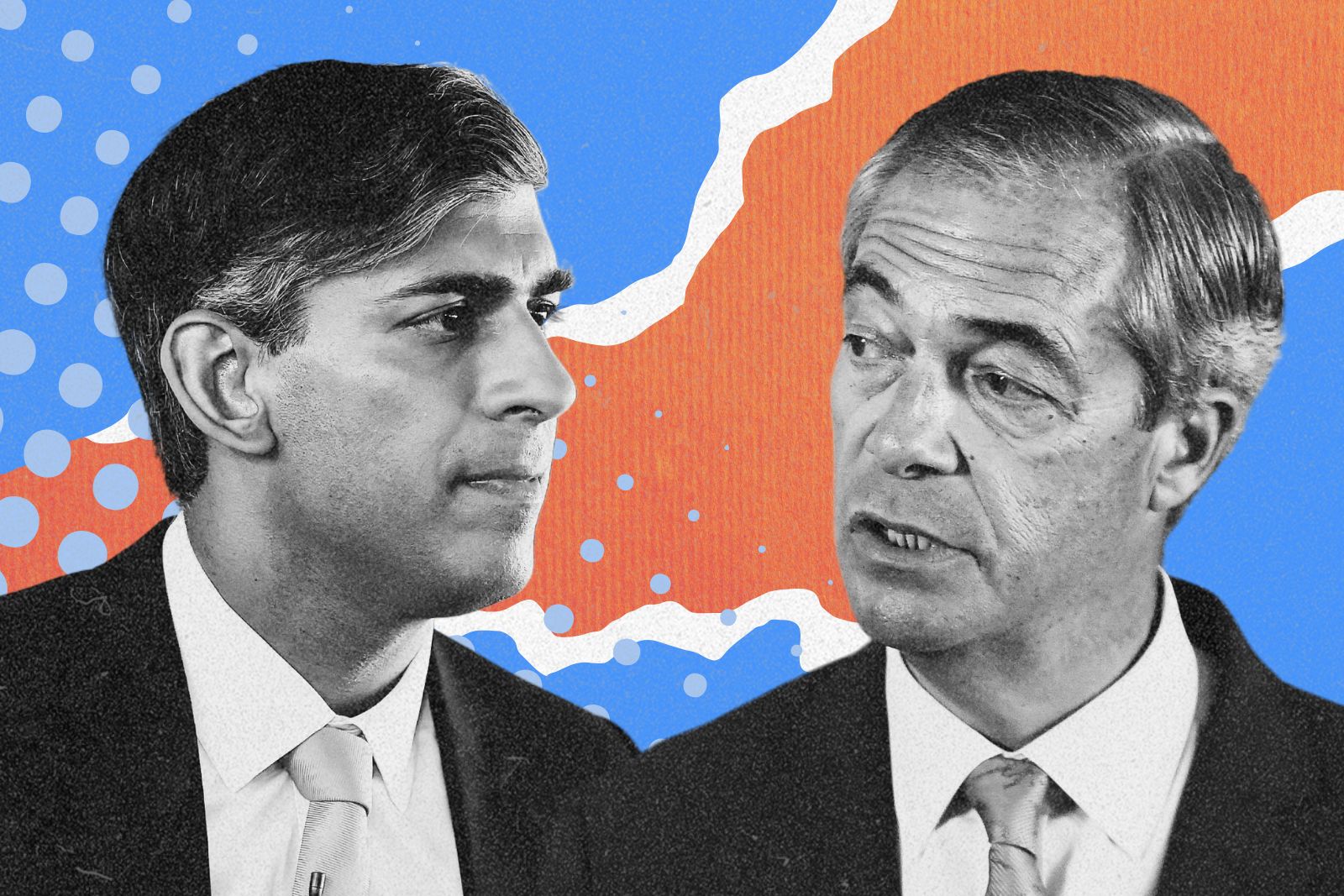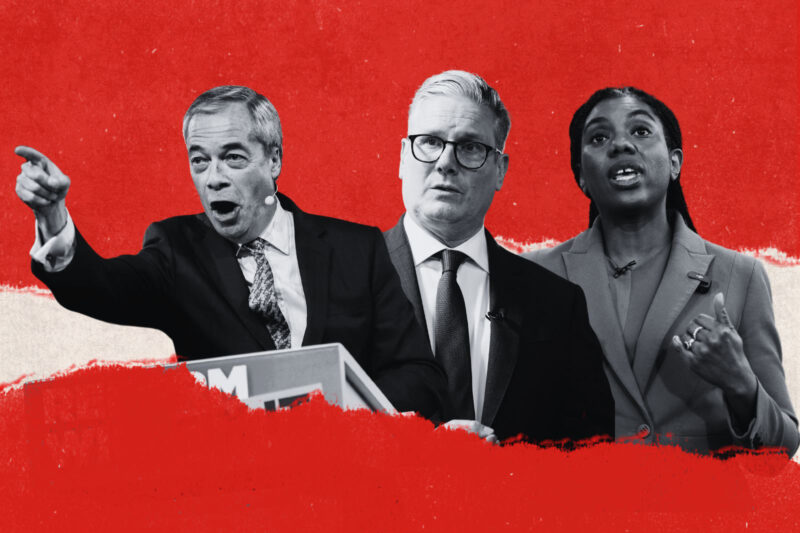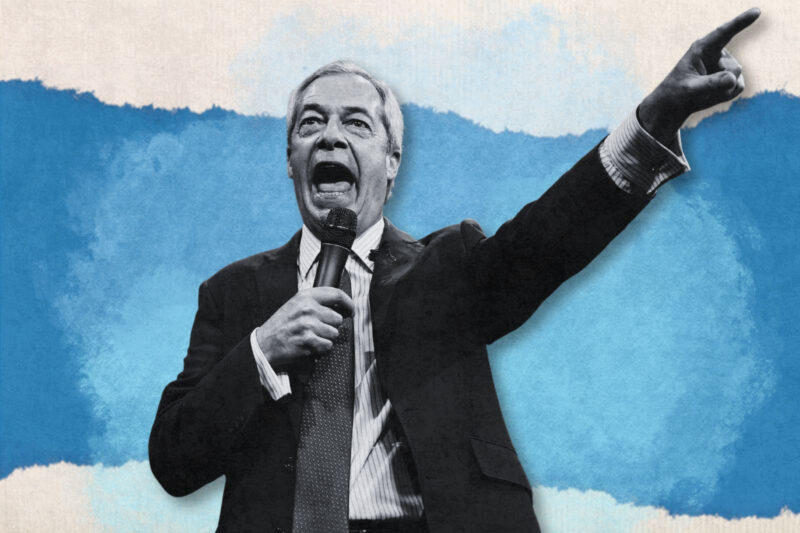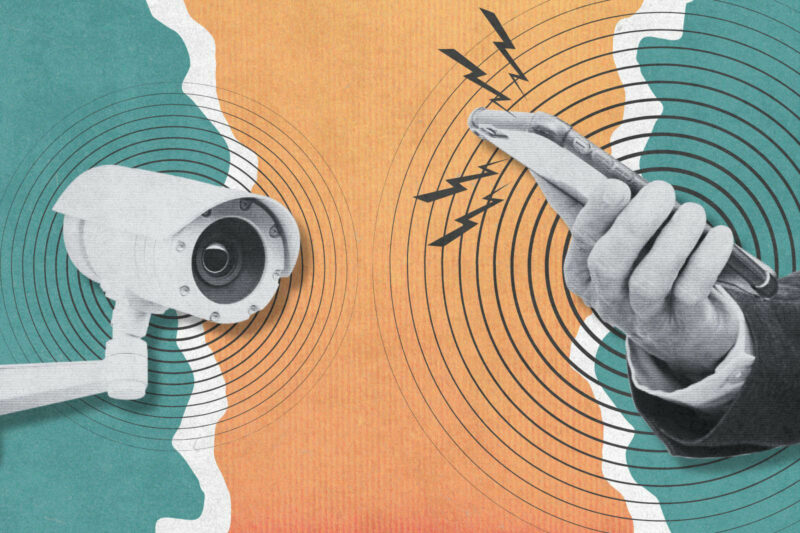The odds don’t look good for Sunak and a Tory revival
With his electoral strategy upended by a series of setbacks and the headline-grabbing tactics of Nigel Farage and Reform UK, the prime minister is fast running out of options

Politics is always a gamble, but few could have predicted that a betting scandal would grip the Conservative party in the middle of an election campaign.
With Labour at least 20 points ahead in the polls, and the Conservative campaign in need of a reboot, the outlook could not be any worse for the prime minister. But instead of talking about policy, the news agenda is dominated by revelations about figures close to Rishi Sunak placing bets on the election date before it was formally announced.
At the time of writing, two parliamentary candidates, a police officer in Sunak’s protection detail and the Tory campaign director are all facing investigations in a story which will undoubtedly be frustrating for the prime minister’s inner circle. As one ex-cabinet minister told me, this is not Sunak’s fault but that does little to minimise the damage it will do.
For a party that prides itself on being an election-winning machine, the flurry of unforced errors in the past few weeks has been quite something. From Sunak’s D-Day disaster to having to explain why living without Sky television as a child meant he understood the plight of normal working people, there has been a relentless supply of extraordinary stories.
While Keir Starmer is the biggest benefactor of this, with projections suggesting he is heading for a huge majority, Nigel Farage has had a rather successful campaign thus far. His entry into the race has arguably become the most exciting subplot to date. Although the first-past-the-post voting system is not designed in his favour, with every major MRP prediction suggesting Reform UK will win no more than half a dozen or so seats, there have been some major positives for his party, as well as some controversies.
If the polls are correct, Reform UK could cause a significant amount of damage to the Conservatives while also stealing some votes from Labour. Those close to the Reform campaign have informed me this would be viewed as a huge success and it is something Farage himself has been candid about.
For Farage, who is attempting to enter the Commons for the eighth time, it is conceivable that he will become MP for Clacton. The latest Survation poll has him on course to not only win in Clacton, but with the biggest swing in modern electoral history. While he might be one of just a few Reform UK MPs come 5 July, he will be a huge thorn in the Conservative party’s side if, as expected, they find themselves in opposition.
The problem for Sunak at this point is he is fast running out of both time and options. He has only three avenues available. The first is to aggressively take on Farage and make the case why Reform UK is wrong. We saw glimpses of this recently when Lord Cameron publicly criticised Farage blasting his “dog whistle” rhetoric. If Sunak does choose to do this, he runs the risk of losing support from the Tory candidates who are on the right of his party, many of whom have expressed support for a number of Reform UK policies.
Sunak’s second option is to do some sort of deal with Farage, or adopt more policies in line with Reform UK. So far Sunak has ruled out any sort of agreement and this strategy is likely to lead to a revolt by Tory centrists. Again, not the best. Then there’s option three: continue with the current strategy, avoid any major revolts but, if the past few weeks are anything to go by, make little impact on the polls.
All three options carry huge risks and none are guaranteed to work, but that is the conundrum the prime minister now finds himself in and, given that there are some projections suggesting his party could get fewer than 60 seats at the election, he needs to do something.
I spoke to the levelling up secretary Michael Gove about it on the campaign trail this week, asking whether or not the campaign was now too far gone. He was adamant that it was not too late to turn it around and he believed that while they were the underdogs, the Tories could do something. He pointed to how much of an outsider Donald Trump was in 2016 as proof that Sunak could still win.
Although that level of optimism is not widely shared, there is a belief among some at Conservative Campaign Headquarters that there are still many undecided voters who could fall in line with the Tories. Although no one I speak to tells me they think this is enough to push the Tories over the line, they do believe it could vastly reduce the scale of the defeat. Labour, too, believes this argument about undecided voters, and sources at HQ have repeatedly urged caution about the polls, while playing down the likelihood of a so-called supermajority.
This does not, however, explain the somewhat defensive campaign Sunak has run so far. The prime minister has spent a large portion of his time campaigning in safe seats and there are reports the party is now pulling its resources to ultra-safe seats. This in itself appears an admission that the Tories are aware they could face electoral oblivion, but party sources have insisted that there are often other strategic reasons why campaign decisions like that are made. Perhaps tellingly, there was no mention of Reform UK when I asked about the campaign decision-making processes.
I spoke with one candidate fighting for a vulnerable seat and facing a major threat from Reform UK. They were far from happy with this strategy, telling me that they had been “hung out to dry by the prime minister, with little support from anyone”. That frustration is felt throughout the party at the moment and with less than two weeks to go, there is not a huge amount of time to remedy it. But what will Sunak do? It is hard to say but at this late stage of the campaign, all bets are off.
Shehab Khan is an award-winning presenter and political correspondent for ITV News
 Newsletter
Newsletter













